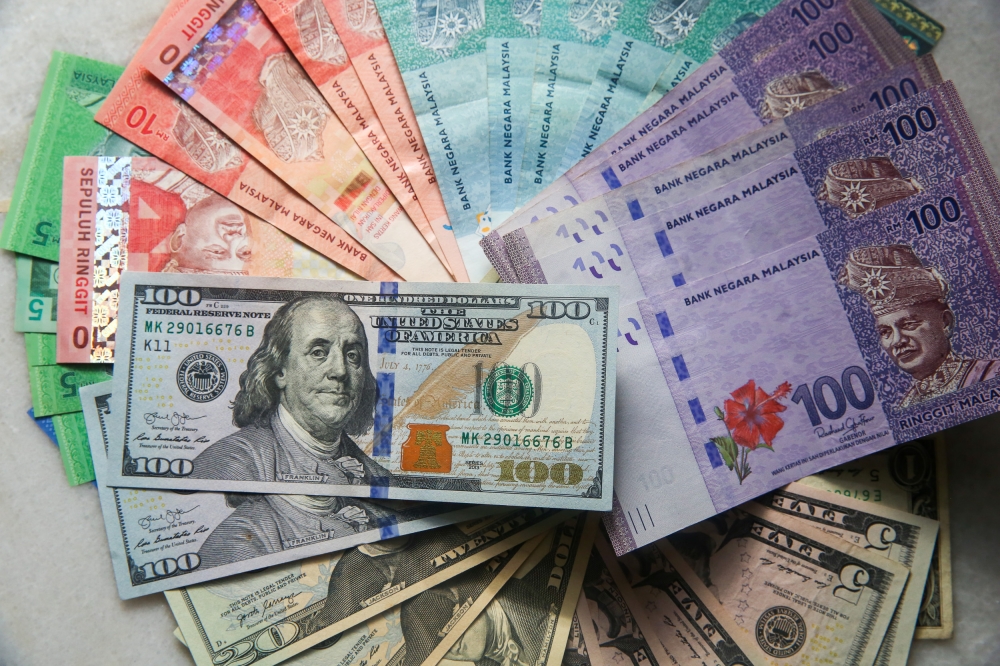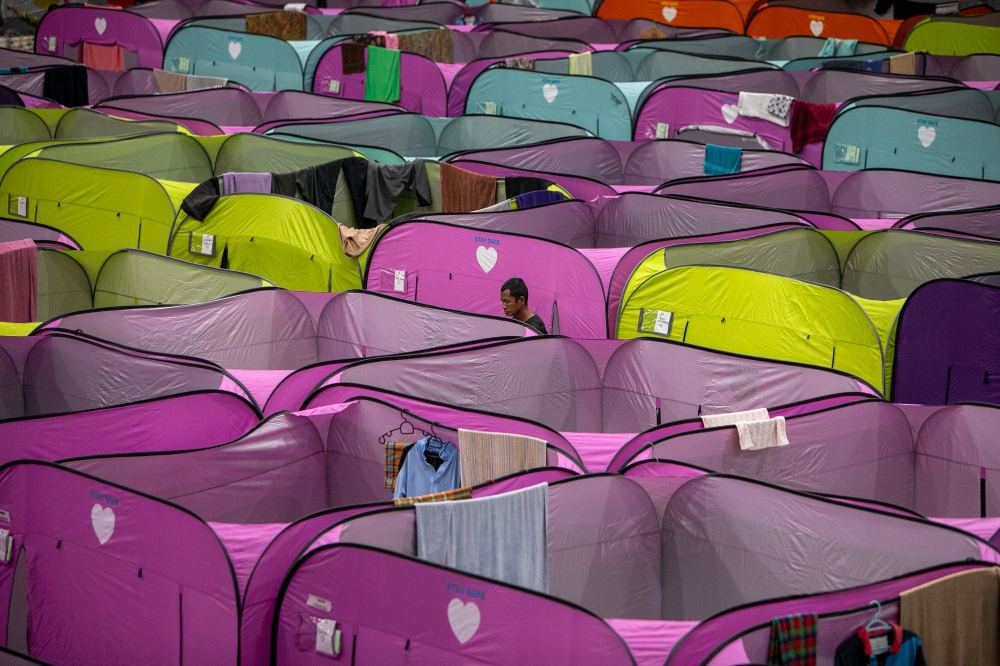KUALA LUMPUR, June 15 — Federal Opposition lawmaker Lim Guan Eng reiterated his calls for urgent reforms to be put in place following Malaysia’s slide down the 2022 International Institute for Management Development (IMD) World Competitiveness Ranking (WCR) to 32nd place today.
The former finance minister said the drop in ranking was a poor showing that reinforces the need to heed criticism about alleged policy complacency and flip-flops.
“Malaysia’s sharp decline to No 32... down seven positions from 25th in 2021 is a clear warning of the failure of good governance by the Ismail Sabri administration,” he said in a statement.
He also suggested the Ismail Sabri administration is in denial about the state of the economy.
The latest competitiveness report comes at a time when the Malaysian economy is buffeted by soaring prices and high cost of living driven by supply chain disruptions, acute labour shortages, and a weakening ringgit.
Lim suggested poor governance is to be blamed for some of the most pressing problems facing the country today, citing government red-tape and weak policies as the cause.
“At a time when the ringgit should be strengthening with high oil prices and soaring commodity prices, especially oil palm, the Malaysia ringgit has dipped to record lows against the US and Singapore dollar, two of our three largest trading partners,” he said.
The Bagan MP reiterated his call for a Price Stabilisation Fund and a buffer stockpile of essential commodities to moderate price escalations and fluctuations.
He also called the government to abolish approved permits for food imports, adding that increased red tape slows down processing time.
“Further, subsidies should be promptly disbursed and not delayed like the chicken meat subsidies where out of the RM730 million approved by the Malaysian Agriculture Food Industries (MAFI), only RM50 million was paid at the end of May,” he added.
Food inflation rose to 4.1 per cent in April, driving the consumer price index up to 2.3 per cent.
As much as 89 per cent of food items in the Consumer Price Index basket recorded price increases.





















